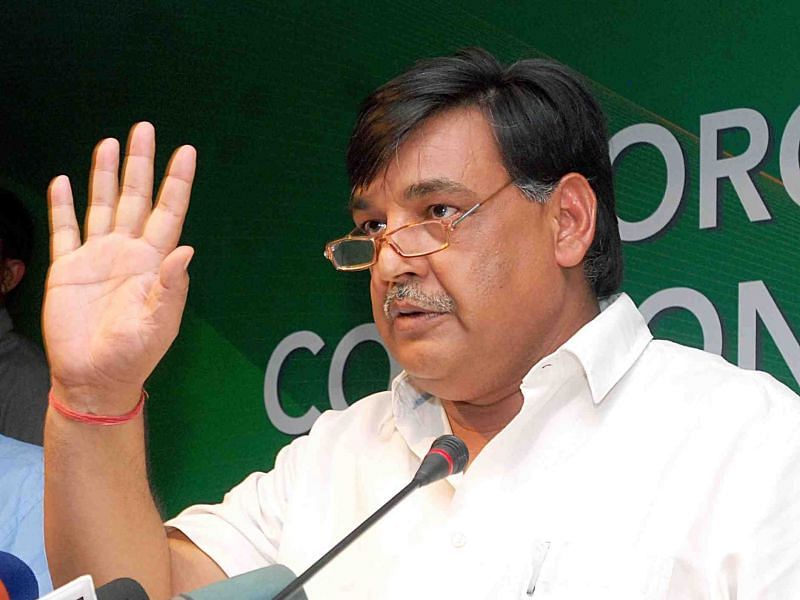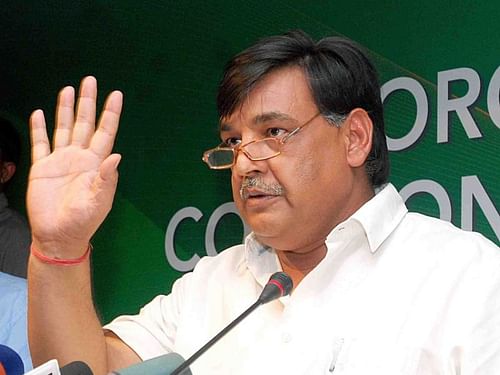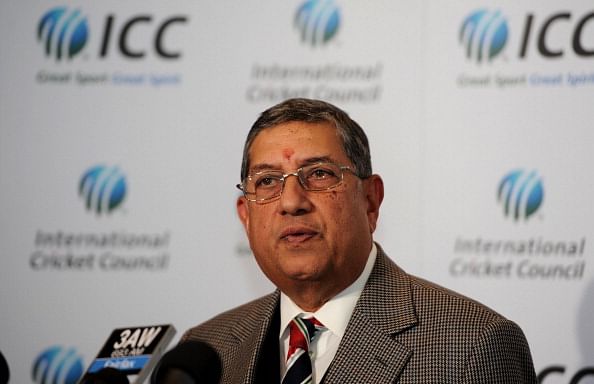
Separating sports from politics - India's need for a new law

Rather than just being a form of recreation, sport has become a matter of national pride and is both socially and economically important to the development of the country. However, in spite of the growth of sports in the country, there has not been any significant improvement in the management of sporting activities, with poor sports governance persisting at every level of administration. One of the main reasons for this has been increased political interference in sports governance in the country.
India, with a pool of talented sportspersons, hasn't really been able to make a mark on the international stage. Despite the government spending a substantial amount of money in developing sports infrastructure and training methods, the country still needs proper administration and governance to uplift the standards. Although India possesses a diverse sporting culture ranging from traditional sports such as Kabaddi to colonized sports such as Cricket, it continues to be considered a lagging force mainly due to the high levels of corruption and discrimination in sports.
Sports federations and associations in India function in a very political manner having office bearers as politicians or businessmen. Most of the sporting federations in the country, including the Board of Control for Cricket in India (BCCI) are politically dominated organisations that build a compelling ground for a law which drives for the transparent administration of sports in the country.
The federations need to be headed by experienced sports personalities who can understand the technicalities of the sport rather than by people who are money minded and corrupt. One of the glaring examples of the deplorable state of sports management and governance is seen when sportspersons return from major international tournaments without having won medals.
An immediate retaliation is seen in the manner in which the credibility and integrity of the sportsperson is questioned. This could be attributed to the fact that a sportsperson’s loss is blamed on him rather than on the administrators. Given the manner in which politics has pervaded every sphere of life in India, it was inevitable for sports to not remain oblivious from political influence.
So much so, that while commenting on the deplorable standards of hockey in India, a bench of the Supreme Court comprising Justice T.S. Thakur and Justice Chelameshwar, categorically said, “It is a sad commentary that people who are administrators of the game have nothing to do with sports and they run the bodies at the cost of the game. Sports are run by private individuals. Private individuals are controlling the games in India. Can the game be held hostage by private interest? This is why hockey has come down and the team is struggling to qualify for the Olympics where we used to win gold medals.”
Cricket, the most followed game in the country, has been deeply affected from the politicisation of sports. The office bearers of the BCCI, the administrative body for cricket in India, either have strong political backgrounds or have held political offices before. An example would be the tenure of N. Srinivasan, the ex-BCCI President. When Srinivasan took charge as the President of the BCCI, a number of amendments were made to the BCCI’s constitution. One amendment was passed seeking to increase the terms of the office bearers from two to three years and make eligible any member of the BCCI to become the President. This amendment was in Srinivasan’s favour as he could remain at the helm.

Another shocking and disappointing incident which bought shame to the entire country was the suspension of IOA from the International Olympic Committee (IOC). The root cause of the suspension was political interference with the functioning of the IOA. Office bearers of the IOA were accused of serious criminal offences such as criminal conspiracy and document forgery.
Mr. Lalit Bhanot, who was eventually elected through an uncontested election as the Secretary-General, was already facing charges of corruption in the Delhi Commonwealth Games 2010. His election to the post came while litigation was pending and he continues to be accused of the charges.
The Central Bureau of Investigation had named several IOA office bearers, including Mr. Bhanot, and had accordingly sought permission to prosecute the accused persons under Sections 120B, 420, 467, 468 and 471 of the Indian Penal Code. The episode of the IOA-IOC tussle also points out the irregularities that prevail in Indian law. As of now, under Indian law, a person accused of a crime while procedural inquiry is underway, is free to contest elections for sports federations.
A stable solution that could go a long way in improving sports administration in the country is having ex-sportspersons take a step forward to work for sports by either joining politics or being office bearers of sports federations. An apt example is that of Sachin Tendulkar, who retired from all formats of cricket in 2013, but continues to work towards the development of sports in India by being an active member of the Rajya Sabha and also being a part of the advisory committee of the BCCI.
In another example, Padma Shri, Arjuna awardee and Olympic silver medallist Rajyavardhan Singh Rathore was given independent charge of the Ministry of Youth Affairs and Sports.
Two major sports bills, that is the National Sports Development Bill and the Prevention of Fraud in Sports are still pending in the Parliament. We are still waiting for these bills to develop into an effective law which would bring in a sports revolution and usher in dynamic changes in sports governance in the country.
A law is needed to prohibit people having a political background from holding positions in sports federations and associations. Running these federations without any political influence will be an immense boost for sports in the country.